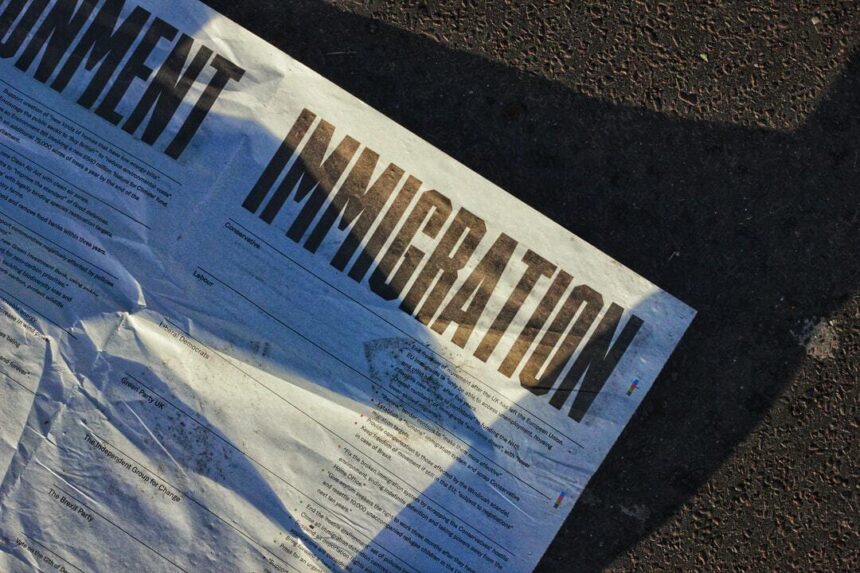Have you ever wondered how long it really takes to get an immigration application approved? Waiting for an answer can be stressful, especially when the future of you or your family depends on it. This expanded guide covers the average processing times for different immigration applications, including family-based and humanitarian visas.
By reading this post, you will understand the usual timelines and learn what to expect at each step. You will also discover why some applications take longer and when it might help to get expert advice. Knowing this can save you time and reduce your worries.
How Long Do Family-Based Immigration Applications Usually Take?
Family-based immigration is one of the most common ways people apply to move to a new country. The processing time depends on the type of family relationship and the country of origin.
For example, spouses and immediate relatives of citizens often get faster approval than other family members like siblings or adult children. Typically, these applications can take anywhere from six months to several years.
The government must carefully check each case to make sure everything is correct. Waiting times can also rise if there are many applications at once. Patience is important because family immigration can be complex.
What To Expect With Humanitarian Visas
Humanitarian visas are designed for people who need protection or help, such as refugees or victims of abuse. These applications often require special attention and careful review by officials.
Processing times can vary a lot depending on the urgency and the situation. Some cases move quickly if a person is in danger, while others may take longer because of extra paperwork.
If you apply under laws designed to protect vulnerable people, such as with the help of a lawyer, the process might still take time but will be handled with care. Humanitarian visas show how the immigration system tries to help those in need.
Why Some Applications Take Longer Than Others?
There are many reasons why immigration applications take different amounts of time. The type of visa, the volume of applications, and the applicant’s background can all affect the timeline. For example, security checks and interviews can add weeks or months. Errors or missing documents in the application can cause delays too.
Sometimes, government offices have backlogs because too many applications arrive at once. It is important to prepare your documents carefully and be patient. You might also check with experts or official sources to stay updated on your case status.
What Can You Do While Waiting for Your Immigration Decision?
Waiting can feel hard, but there are things you can do to stay ready. Keep all your documents organized and check for any updates from immigration offices. If your situation changes, such as a new family member or job, inform the officials quickly.
You might also want to learn about your rights and possible next steps if your application is delayed. Sometimes talking with a VAWA lawyer or other experts can help you understand your case better and plan ahead. Staying informed will make the wait less stressful and help you feel more in control.
Understanding Immigration Timelines Can Make a Big Difference
Knowing the average times for immigration applications helps you plan your next steps with confidence. Family-based and humanitarian visas have different processes, but both require patience and care.
Remember, every case is unique, so times may vary. If you prepare well and seek help when needed, you can make the process smoother.
Did this guide help you? Browse the rest of this section for more advice on a variety of topics.















